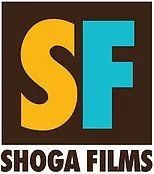Call Me Kuchu - A Sympathetic Doc on the Most Homophobic Country in Africa
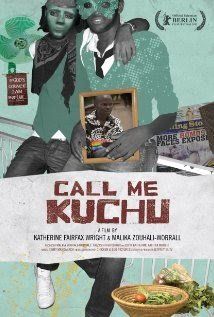
One of the most unsettling features of “Kuchu” are interviews with Giles Muhame, the smirking 22 year-old editor of Uganda’s Rolling Stone Tabloid. Muhame and his team made it their mission to print libelous stories outing hundreds of gays in Uganda and accusing them of various crimes. The most notable headline, "100 Pictures of Uganda's Top Homos Leak," listed the names, addresses, and photographs of alleged Ugandan homosexuals alongside a yellow banner that read "Hang Them." The tabloid produced several other erroneous articles, one in particular accusing “Homo Generals” of executing a terrorist attack, which have increased significantly in Uganda in the last decade. Before being condemned by the international community and subsequently removed from circulation, Rolling Stone exemplified exactly the kind of ignorance and credulity that still plagues the Ugandan public in regard to social and political issues.
Despite threats by Western nations to leverage sanctions against the country, the Anti-Homosexuality bill became law on February 24th, 2014 criminalizing homosexuality with life sentences and punishing efforts to raise or discuss gay issues. There has since been talk of revisions to this bill, some of which aim to decriminalize relations between consenting partners, but lawmakers hope to strengthen other areas of the law. The sickening official statements on the part of Ugandan legislators describe the revised bill as a Christmas present to the people of Uganda.
In the face of so much internal opposition, the sympathetic perspective of Call Me Kuchu offers some hope to the LGBTQI population of Uganda. Its stunning cinematography and heartfelt sentiments provide an international platform for its foremost activists. The skillful storytelling and resilient, lighthearted spirit of the individuals depicted in the film inspire continued global dialogue. While many viewed the murdered activist, David Kato, as decidedly un-Ugandan, the film immortalizes his reformist spirit. His bold individualism and courage struck me as the mark of a true leader.
On a larger scale, the film brings to light issues of poverty, fear, religion, and humanity which simply cannot be ignored until tangible progress is made. As a witness to Uganda’s beauty and the kindness of its people, I still believe that it is possible for the LGBTQI community to find peace in its home country. At their core, Ugandans are truly loving and community-oriented. Unfortunately, as is the case in many underdeveloped nations, conservative faith (be it Islam or Christianity) has dug its roots into the heart of this society in transition and remains the only constant to which this largely impoverished population clings. It could be that gay rights cannot be implemented before the nation is both politically and economically sound, and at its current rate of growth and reform, this may take several decades. However, as long as brotherly love, acceptance, and sheer tenacity of spirit continue to manifest themselves in such influential figures as Kato and sympathetic Bishop, Christopher Senyonjo, Uganda may face change much sooner than expected.
Recent Posts
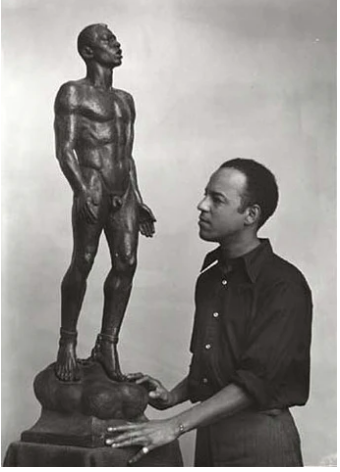
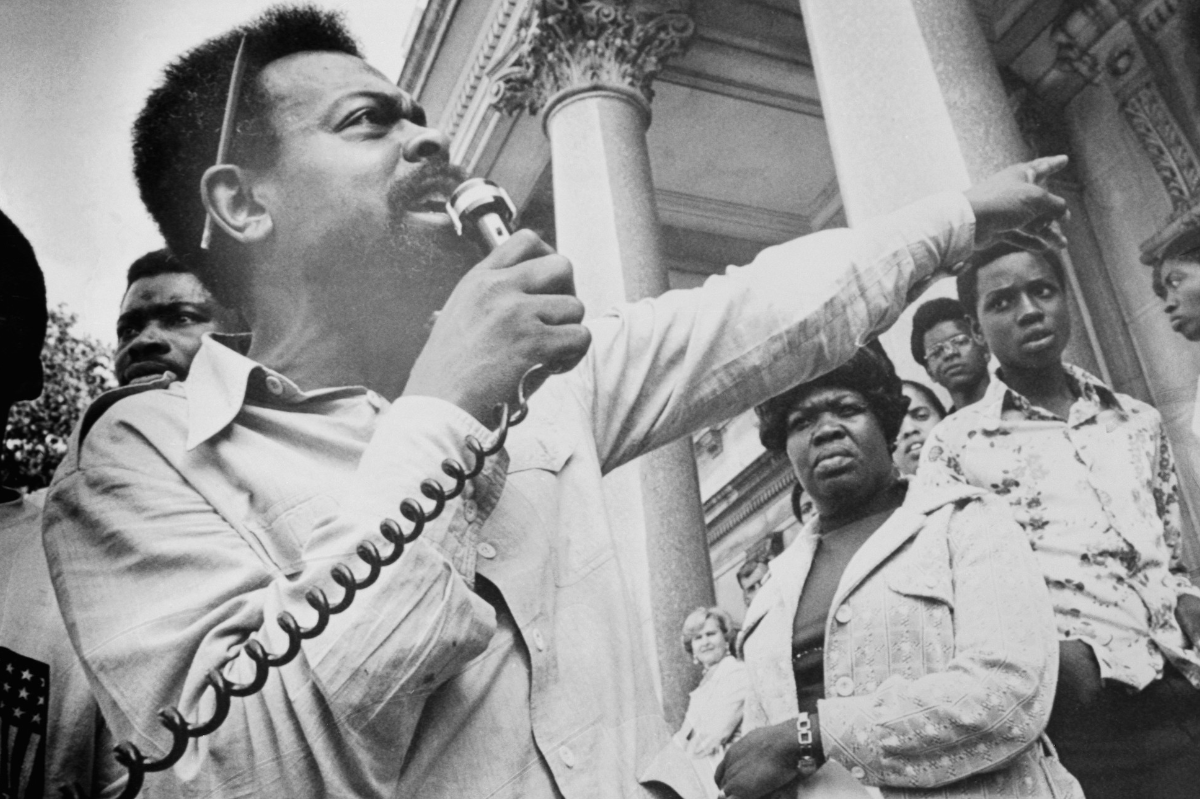
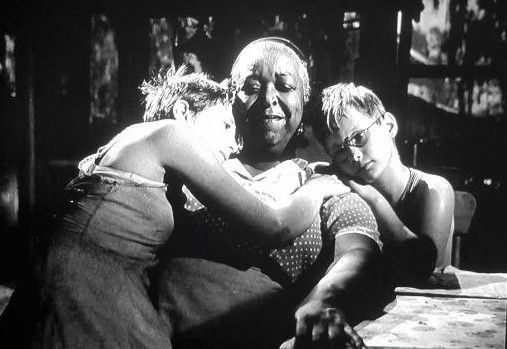
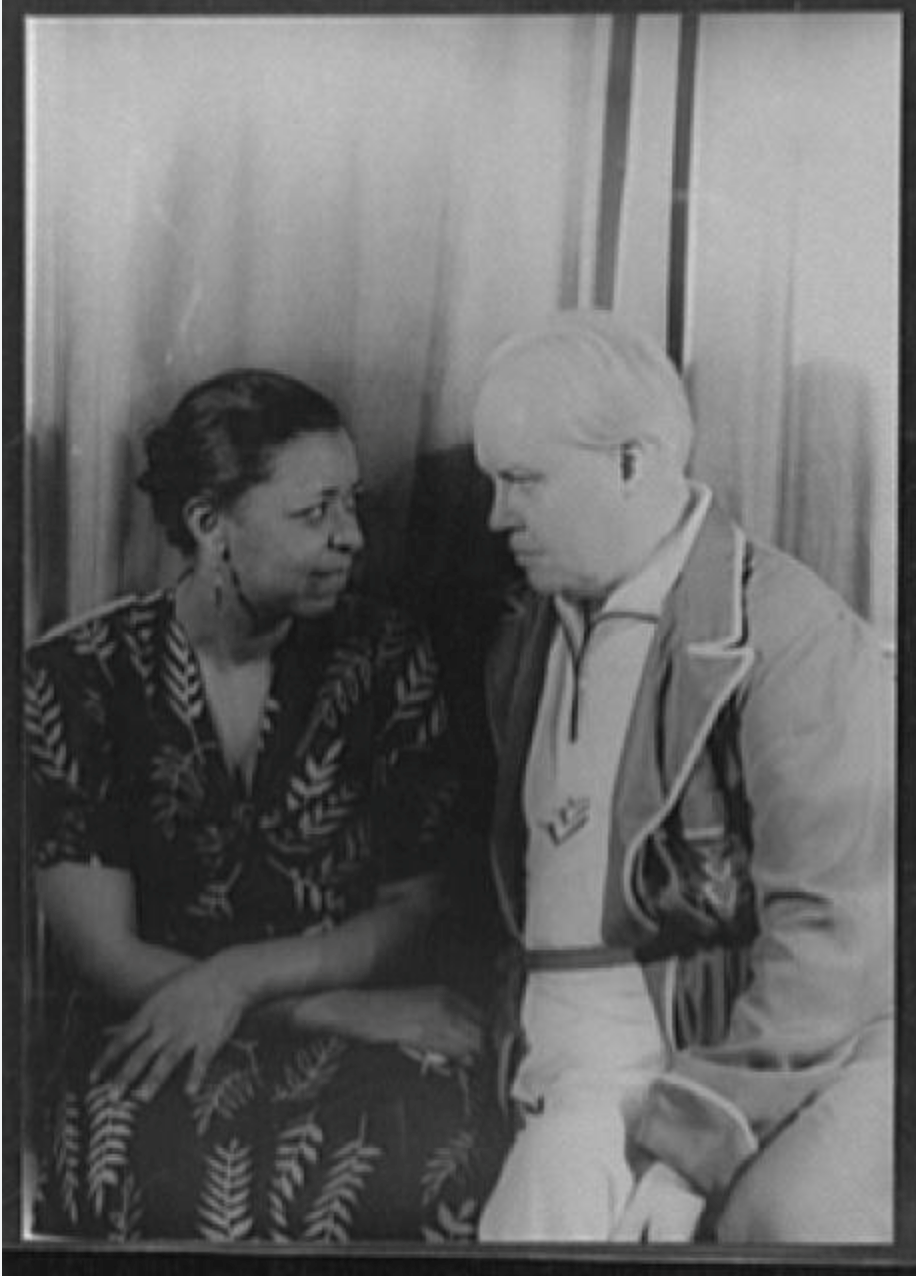
SHOGA FILMS is a 501(c) (3) non-profit production and education company. We create multimedia works around race and sexuality that are intended to raise awareness and foster critical discussion.
Contact Us
All Rights Reserved | Shoga Films
Stay Connected
Thanks for subscribing!
Please try again later.

